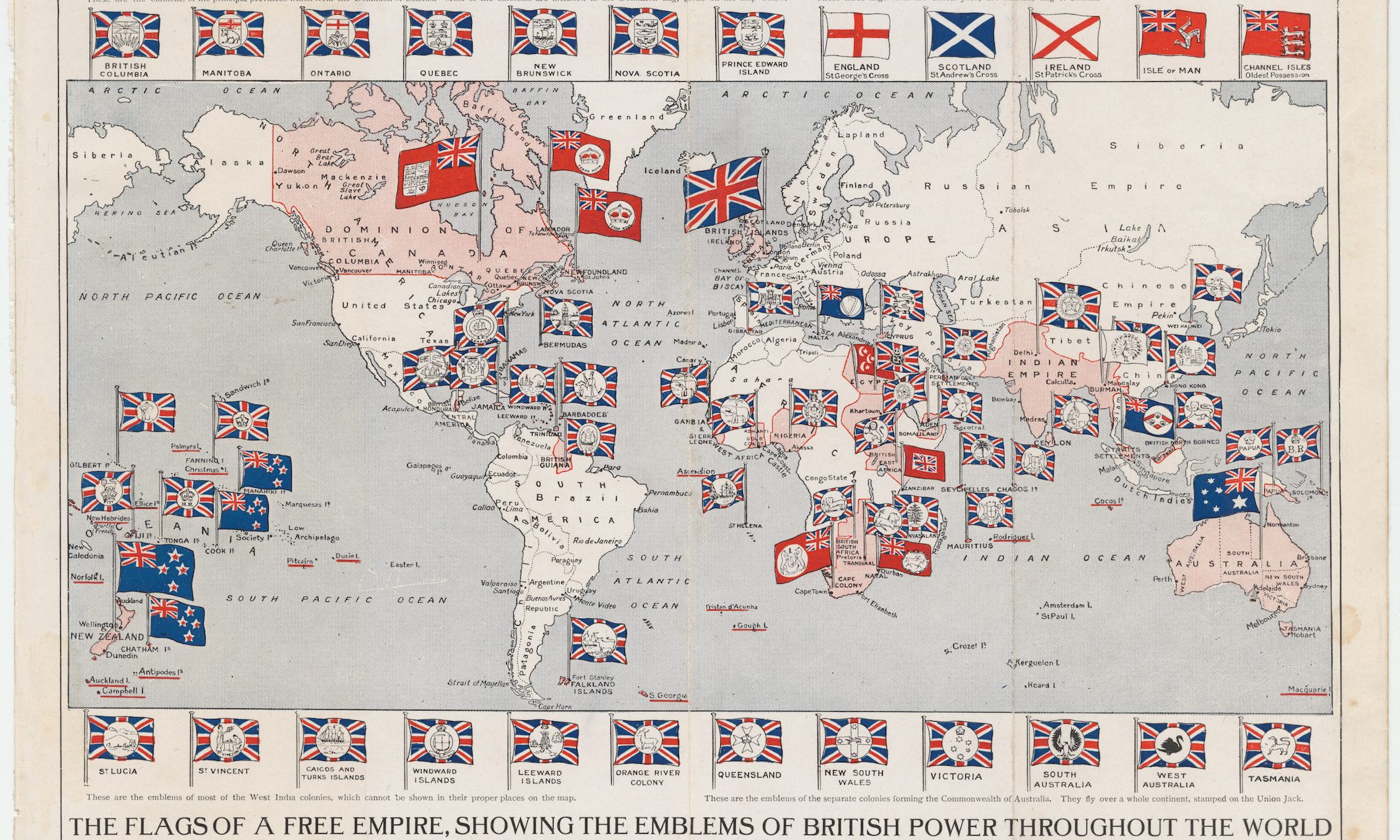
One surprise of having recently been hired as an assistant professor at the University of Massachusetts-Amherst is that now I’m the guy that Ph.D. students (sometimes) ask for advice. That’s weird, and probably counterproductive for both me and the student. In seriousness, I’m not really seasoned enough to be giving advice–and I have no standing whatsoever to offer advice to anyone outside of the IMRAD-paradigm fields (so I cant say anything about the job market for theorists).
In general, my view on the subject is that students should recognize:
- The job market for political scientists is not very good, but also not very bad: eventually, most people from a reasonably ranked Ph.D. program will, if they persist long enough, get a job as a professor of political science at some university.
- Many fewer people outside of top-ranked programs will get a job as a professor of political science at a doctoral/very high research university (an R1).
- Even fewer people will get what are, in some ways, the even better jobs on offer at highly selective liberal arts colleges (Williams, Wellesley, Amherst, etc).
- The limiting factor for almost all programs outside of the community college sector is research productivity. Teaching quality is hardly universal but most programs don’t want excellence: competence is more desirable (and sustainable). And teaching competence is, in fact, becoming pretty common; it will not distinguish you for having it but it may disqualify you if you don’t.
- You should discount any individual professor’s recommendations pretty strongly, since all of our advice is merely biography presented as wisdom, and that means you’re getting only a partial (in both the incomplete and the biased sense of the word) view from any individual scholar.
Continue reading “Advice for Ph.D. Job-Seekers in Political Science”

